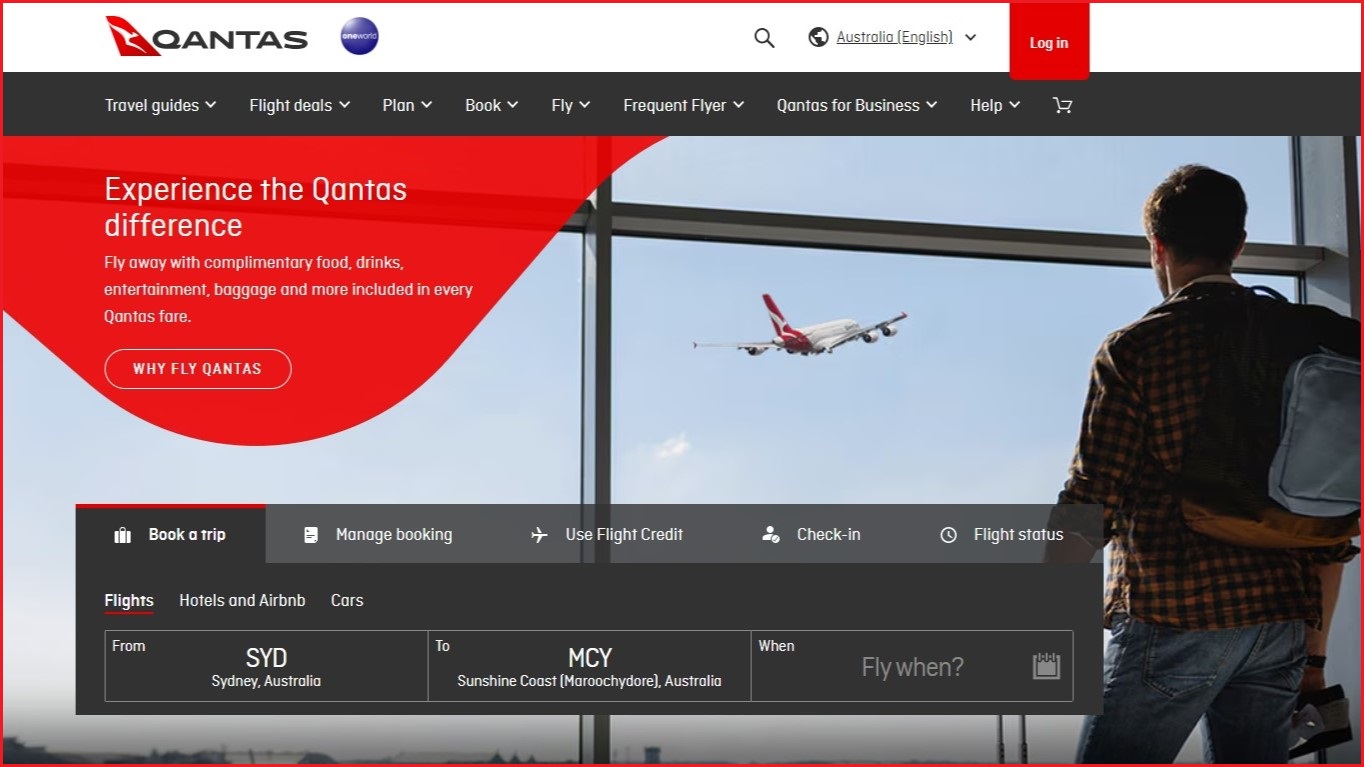Qantas has admitted to misleading consumers by advertising tickets for tens of thousands of flights it had already planned to cancel, landing a proposed $100 million penalty and $20 million in payouts to impacted customers.
In August last year, the Australian Competition and Consumer Commission (ACCC) launched Federal Court action against Qantas over alleged “false, misleading or deceptive conduct” which saw the company advertise tickets for more than 8,000 cancelled flights between 21 May 2021 and 7 July 2022.
At the time, it was further alleged that for more than 10,000 flights scheduled in May to July 2022, Qantas did not promptly notify ticketholders their flights had been cancelled.
In a statement released Monday, the ACCC has revealed the debacle was even wider than originally alleged – with Qantas admitting its misconduct continued from 21 May 2021 to 26 August 2023, affecting tens of thousands of flights scheduled between May 2022 and May 2024.
“Qantas’ conduct was egregious and unacceptable,” said ACCC Chair Gina Cass-Gottlieb. “Many consumers will have made holiday, business and travel plans after booking on a phantom flight that had been cancelled.
“We are pleased to have secured these admissions by Qantas that it misled its customers.”
Qantas agrees to pay $120m
After admitting to misleading consumers, Qantas has agreed to ask the Federal Court to impose a lofty $100 million penalty for breaching Australian Consumer Law.
“We expect that this penalty, if accepted by the Court, will send a strong deterrence message to other companies,” said Cass-Gottlieb.
Furthermore, Qantas has agreed to a court-enforceable undertaking to pay approximately $20 million across more than 86,000 customers who were sold tickets on flights Qantas had already determined to cancel.
On top of already-provided remedies such as alternative flights or refunds, the airline will divvy out $225 payments to domestic ticketholders and $450 payments to international ticketholders.
Rosie Thomas, Director of Campaigns and Communications at not-for-profit consumer advocacy organisation Choice, deemed the consumer payments “well overdue”, noting over 80,000 consumers “had their travel plans derailed by Qantas’ behaviour” in recent years.
“We’ve heard from countless consumers about having to fight tooth and nail to receive refunds or compensation from airlines for delayed or cancelled flights,” said Thomas.
Is it enough?
Conversely, Adam Glezer of consumer advocacy organisation Consumer Champion suggested the compensation measures leave much to be desired.
“Think of the massive inconvenience this has caused for so many people,” Glezer told Information Age.
“What happens when someone’s booked one of these ghost flights, and was forced to go and book an alternative flight at quadruple the amount?”
“I don’t think it's anywhere near enough – firstly because Qantas appears to have deceived consumers deliberately, and on top of that, it would have cost many customers more than $450 to get replacement flights at the last minute.”
Glezer further suggested Australia’s airline regulations are “way too lax”, pointing to EU and UK laws which issue circumstantial penalties for delayed or cancelled flights.
“Whether you’re going on holidays and have missed accommodation, or if you’re going to a wedding, to a funeral, or even travelling for work, consumers have to be at their destination at a certain time,” said Glezer.
“In the UK, if your long-distance flight is more than four hours late for reasons other than force majeure – referring to ‘acts of god’ such as weather events – the airlines have to give you the Australian dollar equivalent of $1,000 cash per ticket.
“Meanwhile, Australian airlines get away with it because there’s no suitable penalty for them.”
In a statement on Monday, Qantas Group CEO Vanessa Hudson pointed to struggles with “technology and systems” following the global pandemic, assuring consumers the airline has since updated its processes and begun “investing in new technology” to prevent the misconduct from reoccurring.
“When flying resumed after the COVID shutdown, we recognise Qantas let down customers and fell short of our own standards,” said Hudson.
“We know many of our customers were affected by our failure to provide cancellation notifications in a timely manner and we are sincerely sorry.”
Consumers are also being urged to stay alert of scams following the payout announcement, with the ACCC warning scammers are calling people and falsely claiming to help retrieve their payments.
“If you receive a call from anyone offering to help you with a payment or refund, hang up immediately,” wrote the ACCC.
Qantas and the ACCC’s agreement comes only one week after the airline’s flagship app suffered a glitch which mistakenly displayed the personal details of travellers – such as names and booking information – to other travellers on the app.
On Friday, the airline confirmed the privacy incident was caused by a “technology issue” rather than a “cyber security incident”.










